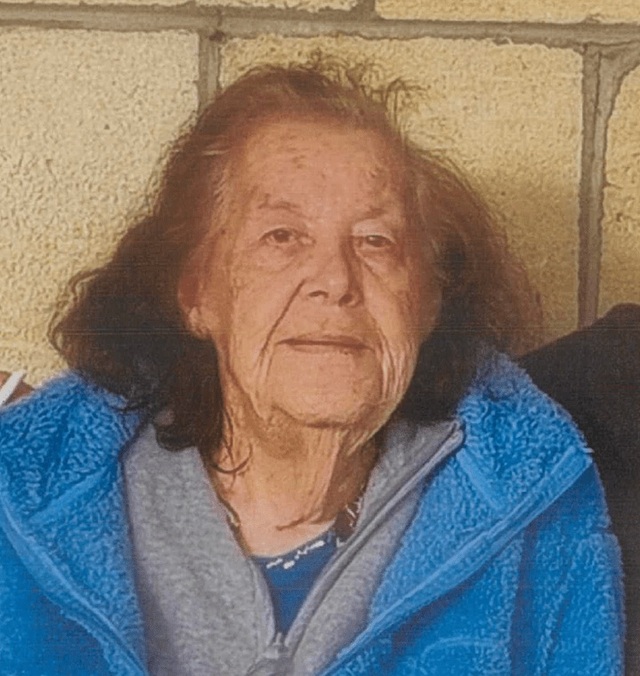OVER the coming weeks Star will highlight important tax issues facing individuals and businesses within the Greater Dandenong community.
If you have a question regarding your tax return that affects your business or self, please send it to editor@starnewsgroup.com.au and look forward to having it answered by a registered tax agent.
To kick-off this week’s 2006 tax series is RJ Sanderson and Associates director, Roy Sanderson.
Question:
I am in the building industry and drive around to building sites and I have tools in the back of the van at all times.
If we go out on weekends we take my partner’s car rather than all piling into the work van.
I have never kept a log book and my accountant claims 5000km each year.
A co-worker doing a similar job says he claims 100 per cent of all his van costs.
Which is correct?
Answer:
Both methods are correct, but one will most likely get your more of a refund at the end of the year.
Claiming the 5000 km will give you a tax deduction of approximately $3000 depending on size of engine in the van.
This is called the kilometre method and works on the basis that your diary or log-book will show that you have travelled in excess of 5000km for work.
You should note that 5000km is the maximum kilometreage under this method even if you travel 35000km for work.
The other method is called the actual expense method.
To use this method you must have completed a detailed log-book for a continuous 12 weeks showing the start kilometres reading and end kilometres reading of every business or work trip.
The purpose of this 12 weeks is to indicate which percentage of the kilometres is work related and which is private.
Based on what you indicated, we will assume the log book for 12 weeks will show that 100% is work related.
The result is that we can now claim 100% of your vehicle costs.
You will need to keep a record of all your car costs including petrol, repairs, registration, insurance and so on.
If you spend $70 per week on petrol and then add the other costs you may find your total tax deduction is more like $6000, giving you a much bigger tax refund.
It might be more work to keep the expense records for the full year and doing a log-book for 12 weeks, but you will be rewarded with a bigger tax refund.
It should be noted that the log only needs to be done every 5 years, unless you think your driving habits have changed.
So remember to keep the log-book as this will help you for the next 5 years.
If you have a loan or HP on the purchase of the car then we may be able to claim interest on the loan and depreciation on the car, which will increase your tax deductions even further.
Log-books can be picked up from your accountant or at the newsagent for under $10.
Taxing advice costs you nothing
Digital Editions
-

Relay for Life spirit shines through rain
Purchase this photo from Pic Store: 510675 The 2025 Relay for Life went ahead in high spirits despite the rain, bringing together hundreds of participants…





